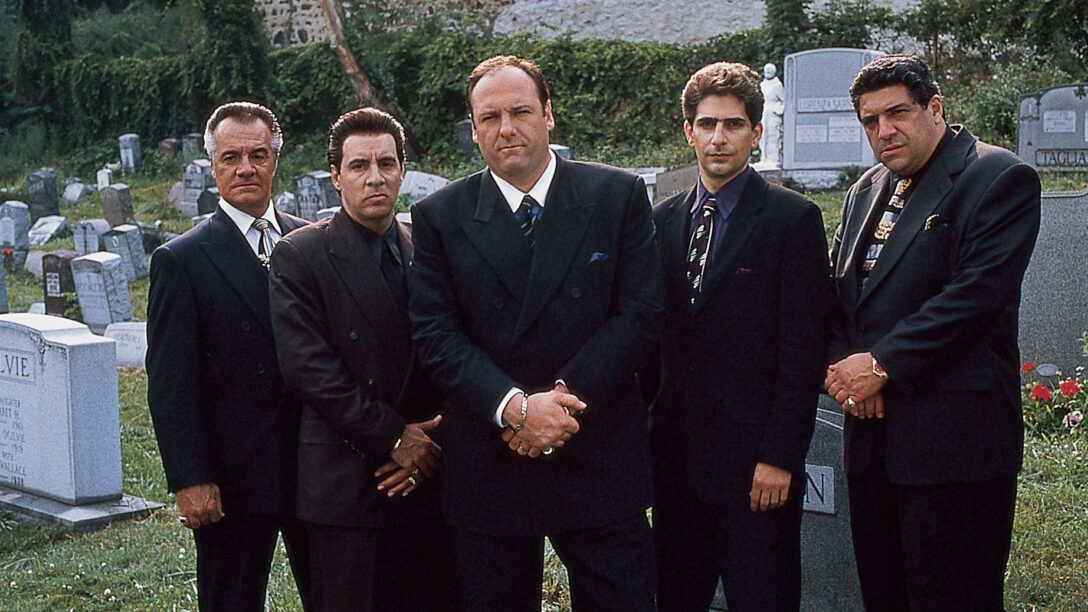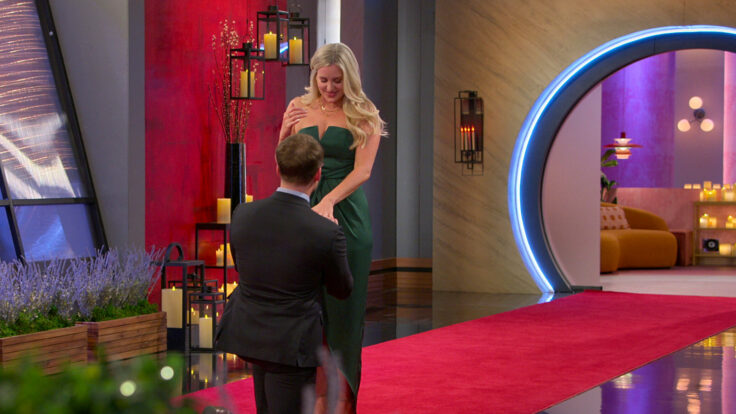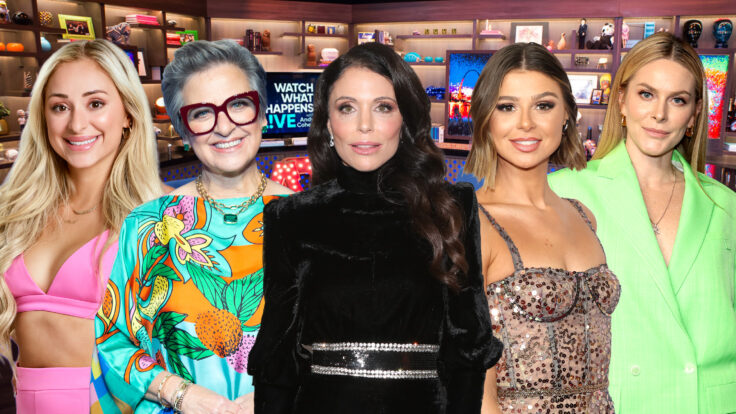If I have to tell you that author James Andrew Miller has a new book about HBO, you should probably unsubscribe. Jim is a friend of What I’m Hearing… who wrote for me at T.H.R. and whose previous oral histories of Saturday Night Live, ESPN and CAA occupy major shelf space at What I’m Hearing H.Q. In Tinderbox, out on Tuesday, he uses 750 interviews to trace the history of Home Box Office from its 1971 origin in the brain of cable mogul Charles Dolan all the way to its pending spinoff from AT&T to Discovery, with all the programming dramas and executive intrigue in between. We talked about the past, present and future of HBO on Thursday; our condensed and edited chat is below.
Matt Belloni: It’s crazy how many different ways HBO’s ownership could have gone. Before selling to AT&T in 2016, Time Warner C.E.O. Jeff Bewkes was talking to Bob Iger at Disney, and, ironically, David Zaslav at Discovery. Rupert Murdoch made a hostile run at it. If Bewkes didn’t sell to AT&T, what do you think was the most likely alternative scenario for HBO and the Time Warner assets?

















